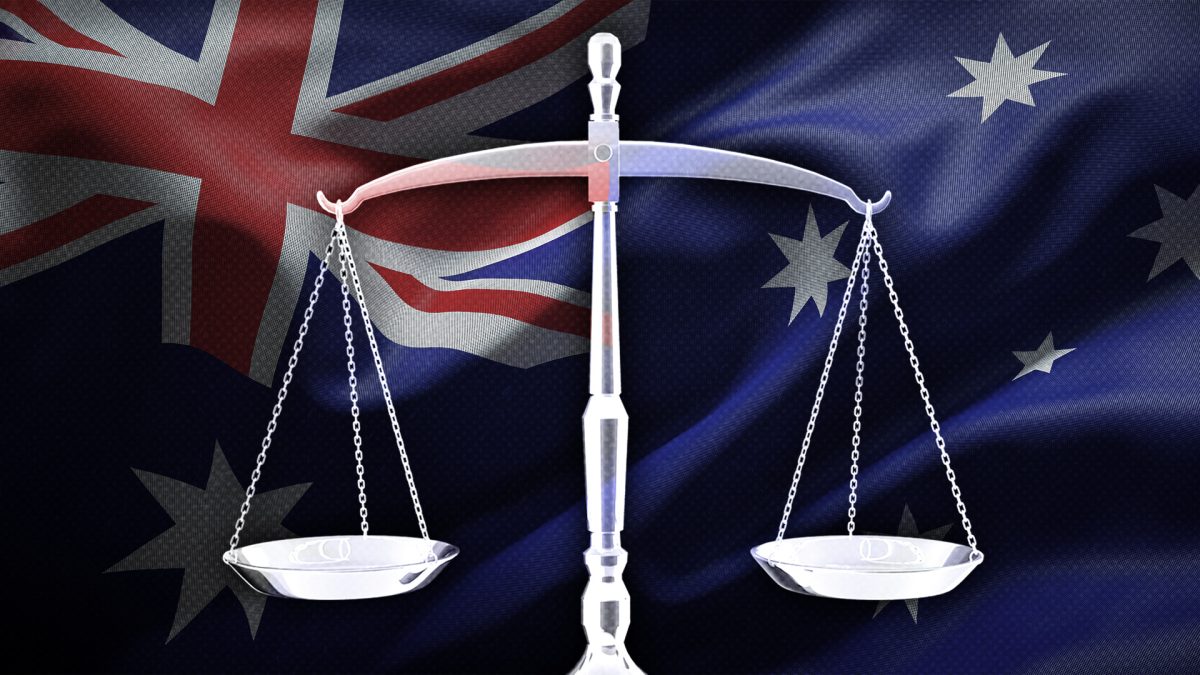Australia drafts proposal to require financial licenses for crypto platforms
Quick Take The proposed legislation seeks to amend the Corporations Act 2001 to bring crypto service providers under the financial services licensing regime. Consultation on the draft legislation is now open until Oct. 24, 2025.

Australia has proposed draft legislation requiring crypto exchanges and certain crypto service providers to hold Australian financial services licenses, according to the country's Treasury.
In a consultation opened Thursday, the Treasury stated that the draft legislation would amend the Corporations Act 2001 to "capture digital asset platforms and tokenised custody platforms by introducing each as new financial products."
This means authorities would treat digital asset platforms (DAPs) and tokenized custody platforms (TCPs) as financial products, automatically subjecting them to the full suite of licensing rules and consumer protections, the Treasury explained in a fact sheet .
"The focus of the framework is businesses that hold assets on behalf of clients, rather than on the digital assets themselves," said the Treasury, adding that crypto assets already fall within the country's existing frameworks and are treated in the same way as other assets.
"Despite this existing legal and regulatory coverage, failures of digital asset intermediaries have caused major losses for consumers, including in Australia," the Treasury added.
According to the authority, the draft legislation would subject DAPs and TCPs to the same regulatory framework currently governing similar financial intermediaries, such as investment portfolio operators. DAPs encompass crypto trading platforms and brokerages, while TCPs include platforms for tokenized physical assets.
In a Wednesday speech at the Digital Economy Council of Australia's regulatory summit, Assistant Treasurer Daniel Mulino said that the draft legislation would introduce a new framework for crypto businesses in Australia, the Capital Brief reported . "It will do so by extending existing financial services laws but in a targeted way," Mulino said.
Under the proposed legislation, the Australian Securities and Investments Commission (ASIC) is set to be the main regulator issuing the licenses. Consultation on the draft legislation is now open until Oct. 24, 2025.
Under current law, crypto exchanges in Australia are only required to comply with anti-money laundering and know-your-customer regulations, according to Australian Financial Review.
While the Treasury is moving to tighten oversight of the crypto sector, ASIC last week announced a class exemption allowing licensed intermediaries to distribute stablecoins without separate regulatory approvals, effectively easing licensing rules for stablecoin intermediaries.
Disclaimer: The content of this article solely reflects the author's opinion and does not represent the platform in any capacity. This article is not intended to serve as a reference for making investment decisions.
You may also like

Crypto: The Fear Index Drops to 10, But Analysts See a Reversal

Uniswap Labs Faces Pushback as Aave Founder Highlights DAO Centralization Concerns

Ethereum Interop Roadmap: How to Unlock the “Last Mile” for Mass Adoption
From cross-chain to "interoperability," many of Ethereum's fundamental infrastructures are accelerating towards system integration for large-scale adoption.

